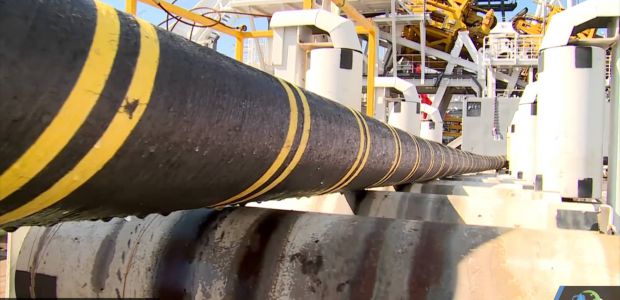LNG usage and the establishment of a floating regasification terminal for gas-fueled electricity generation at power stations are the common factors of at least two proposals to be presented this week to RAE, the Regulatory Authority for Energy, as possible solutions for the Crete’s looming energy shortage problem as of 2020.
An exemption to EU law concerning power station emission limits for local high-polluting units, such as those operating on Crete, is set to expire in December, 2019.
An Athens-Crete interconnection plan that would resolve resulting power insufficiency issues on the island has fallen behind schedule and prompted the need for solutions until the project’s launch.
Azerbaijan’s state-run energy firm Socar – possibly in partnership with Heron, which has been given permission to relocate a natural gas-fueled power station from provincial Thebes, slightly northwest of Athens, to Crete – is expected to present RAE a model implemented by the firm on Malta in 2016. The island country faced a similar energy situation to Crete. A gas storage facility (FSU) and floating regasification terminal and combinations of gas-based electricity production now provide 50 percent of electricity demand on Malta.
A representative of a state-run Qatar energy firm has also approached RAE for a solution entailing gas supply and electricity production via a floating terminal to be anchored off Crete.





